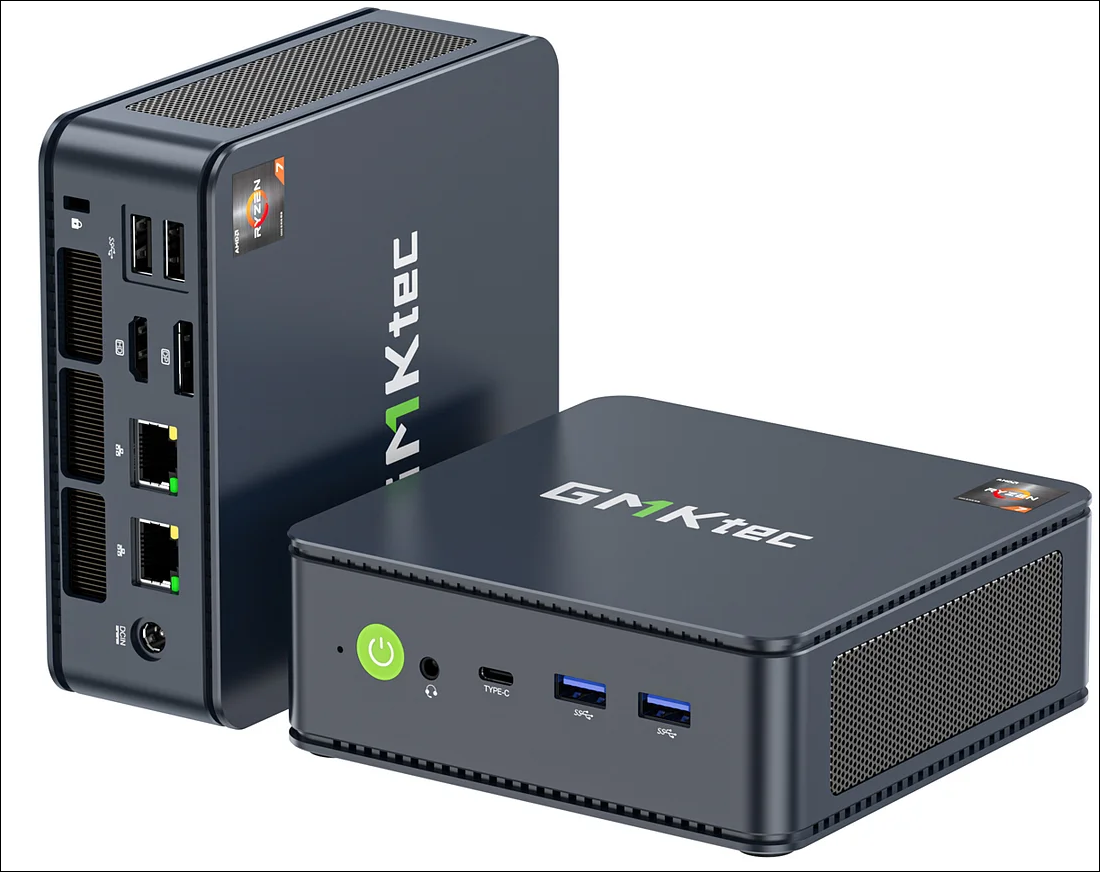
Let’s be honest—LinkedIn isn’t for everyone. Sure, it’s the go-to for general professional networking, but what if you’re a marine biologist craving deep discussions on coral reef restoration? Or a blacksmith looking to trade forge-welding tips? That’s where niche social media platforms come in—smaller, laser-focused communities where professionals can geek out without the noise.
Why Niche Platforms Are Thriving
Think of niche platforms like specialty coffee shops. They might not have the foot traffic of Starbucks, but the regulars? They’re there for the exact roast they love. Similarly, professionals in specialized fields are flocking to these spaces for three big reasons:
- Relevance: No sifting through irrelevant content—just pure industry talk.
- Trust: Tight-knit communities mean fewer spammy sales pitches.
- Depth: Ever tried explaining blockchain logistics to someone outside tech? Yeah. Niche platforms get you.
Top Niche Platforms Worth Exploring
1. Dribbble (Designers)
Dribbble is like a digital gallery for designers—where UI/UX pros, illustrators, and creatives showcase work-in-progress shots (or “shots,” as they call them). It’s less about résumés and more about visual storytelling. Need feedback on a logo kerning issue? This is your spot.
2. ResearchGate (Scientists & Academics)
Imagine if LinkedIn and arXiv had a baby. ResearchGate lets scientists share papers, collaborate on studies, and even troubleshoot lab equipment fails. Over 20 million researchers use it—making it the closest thing to a global faculty lounge.
3. Behance (Creative Professionals)
Owned by Adobe, Behance is where creatives—from photographers to motion designers—post polished portfolios. Recruiters lurk here hunting for talent, so it’s equal parts community and job board.
4. AngelList (Startups & Investors)
Silicon Valley’s backchannel. Founders pitch startups, investors scout deals, and remote workers hunt for equity-heavy gigs. If your LinkedIn is all about corporate ladder-climbing, AngelList is the rebel alternative.
The Hidden Perks You Might Not Expect
Beyond networking, these platforms offer sneaky benefits:
- Job opportunities: Many have built-in job boards tailored to the niche.
- Learning: Webinars, AMAs (Ask Me Anything sessions), and skill-sharing threads are common.
- Mental health: Ever vented about a coding bug to non-tech friends? *Crickets*. Niche communities get it—and often offer support.
Challenges? Sure, There Are a Few
Niche platforms aren’t perfect. Some struggle with:
| Issue | Example |
| Smaller user base | Harder to find local connections in rare fields |
| Feature limitations | Fewer integrations than LinkedIn’s ecosystem |
| Monetization pressures | Some platforms pivot abruptly to stay afloat |
How to Choose the Right One
Not sure where to start? Ask yourself:
- Is my industry active here? (Check hashtags or forums first.)
- Do I want to showcase work or just chat? (Portfolio-heavy vs. discussion-based.)
- Is there a premium tier? (Some lock key features behind paywalls.)
The Future: Hyper-Specialization or Bust?
As AI floods generic platforms with low-value content, professionals might retreat further into niche spaces—like medieval guilds 2.0. The question isn’t whether these platforms will grow, but whether they’ll resist the temptation to dilute their focus as they scale.
In the end, it’s about finding your tribe. Because let’s face it—sometimes you just need to talk shop with people who speak your language.








